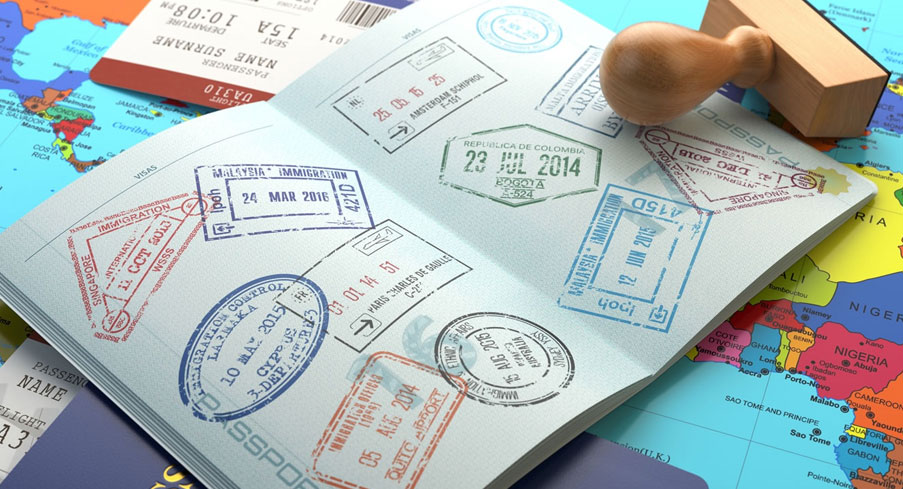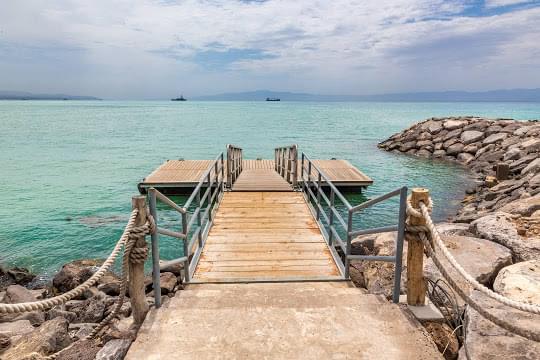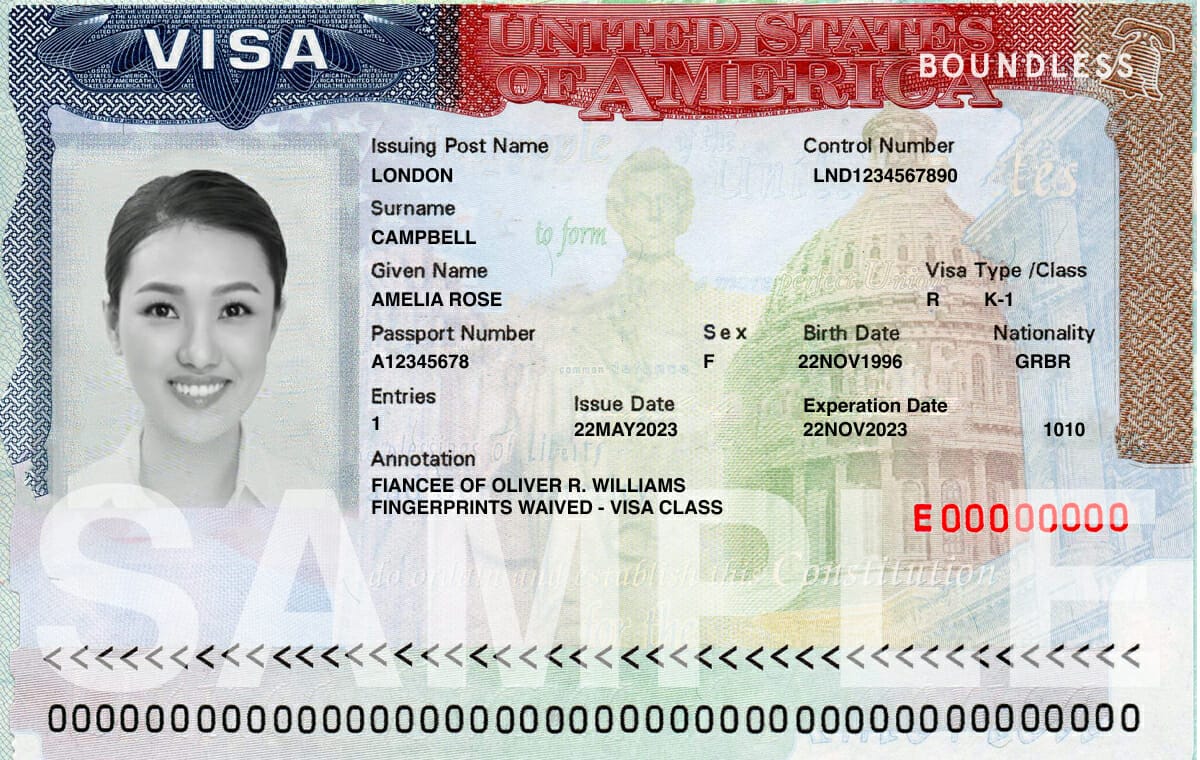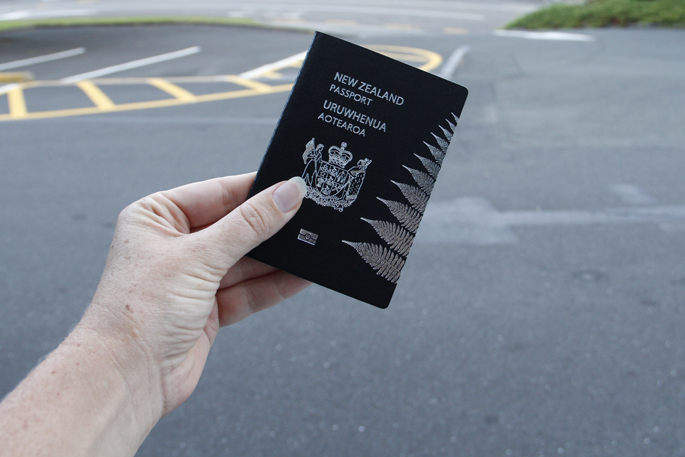India, with its rich cultural heritage, diverse landscapes, and booming economic opportunities, has become a popular destination for travelers, businesspeople, and students from around the world. Whether you’re drawn by the allure of ancient temples, the bustling cities, or the potential for professional growth, obtaining the right visa is crucial. In this guide, we’ll delve into the specifics of obtaining an India visa for Singaporean and Sri Lankan citizens, comparing the processes, and providing valuable tips to ensure a smooth application experience. india visa for singaporean citizens
Types of India Visas
Tourist Visa
For those visiting India for leisure, a Tourist Visa is the most common choice. It allows you to explore the country’s landmarks, experience its culture, and enjoy its cuisine. The Tourist Visa is typically valid for 6 months, but the exact duration can vary based on your nationality and specific circumstances.
Business Visa
If you’re heading to India for business purposes, such as attending meetings, conferences, or negotiating contracts, a Business Visa is required. This visa can be granted for up to 1 year, and it’s essential to provide proof of business activities and a letter from your company stating the purpose of your visit.
Employment Visa
An Employment Visa is necessary if you have secured a job in India. This visa is issued for the duration of your employment contract and requires a job offer from an Indian company. It also necessitates that your employer meets certain criteria, including salary thresholds and job roles. india visa for sri lankan citizens
Student Visa
Students aiming to pursue higher education in India need a Student Visa. This visa is typically granted for the duration of the academic program and requires proof of enrollment in an accredited institution. Additionally, you may need to show evidence of financial support during your stay.
India Visa for Singaporean Citizens
Visa Requirements
Singaporean citizens need to fulfill specific requirements to obtain an Indian visa. Generally, these include a valid passport, a completed application form, recent passport-sized photographs, and supporting documents such as proof of travel itinerary or employment.
Application Process
Applying for an Indian visa as a Singaporean is relatively straightforward. You can apply online through the Indian Visa Online website or visit the nearest Indian High Commission. The online process involves filling out the application form, uploading required documents, and scheduling an appointment if necessary.
Common Mistakes to Avoid
One common mistake is providing incomplete or incorrect information on the visa application form. Ensure that all details are accurate and that supporting documents are up-to-date. Another mistake is missing the visa appointment or failing to submit required documents, which can lead to delays or rejection.
India Visa for Sri Lankan Citizens
Visa Requirements
Sri Lankan citizens must also meet specific criteria to obtain an Indian visa. The required documents generally include a valid passport, a completed application form, photographs, and supporting documents such as a travel itinerary or invitation letter from an Indian host.
Application Process
Sri Lankan citizens can apply for an Indian visa online or through the Indian High Commission in Colombo. The online process involves filling out the visa application form, uploading the necessary documents, and paying the visa fee. An in-person appointment might be required depending on the type of visa and the specific requirements.
Common Mistakes to Avoid
Similar to Singaporeans, Sri Lankans should avoid submitting incomplete applications or incorrect information. Additionally, ensuring that all documents are correctly prepared and submitted is crucial to avoid any processing delays or potential visa rejections.
Comparison: Singaporean vs. Sri Lankan Visa Process
Similarities
Both Singaporean and Sri Lankan citizens can apply for Indian visas online or through an Indian diplomatic mission. The basic requirements, such as having a valid passport, a completed application form, and supporting documents, are similar for both nationalities.
Differences
The primary differences lie in the specific documentation and processing times. Singaporean citizens might experience quicker processing times and fewer bureaucratic hurdles due to stronger bilateral relations. Sri Lankan applicants may need to provide additional documentation or undergo a more detailed review process.
Tips for a Smooth Visa Application
Preparing Your Documents
Ensure that all required documents are gathered and correctly prepared before submitting your application. Double-check the requirements for your specific visa type to avoid any omissions.
Applying Online vs. In-Person
Applying online can be more convenient and quicker, but in some cases, an in-person appointment may be required. Check the specific requirements for your visa type and nationality to choose the best method for your application.
Conclusion
Navigating the visa application process can seem daunting, but understanding the requirements and procedures can make it much more manageable. Whether you’re a Singaporean or Sri Lankan citizen, being well-prepared and aware of the common pitfalls will help ensure a smooth and successful application for your Indian visa.



